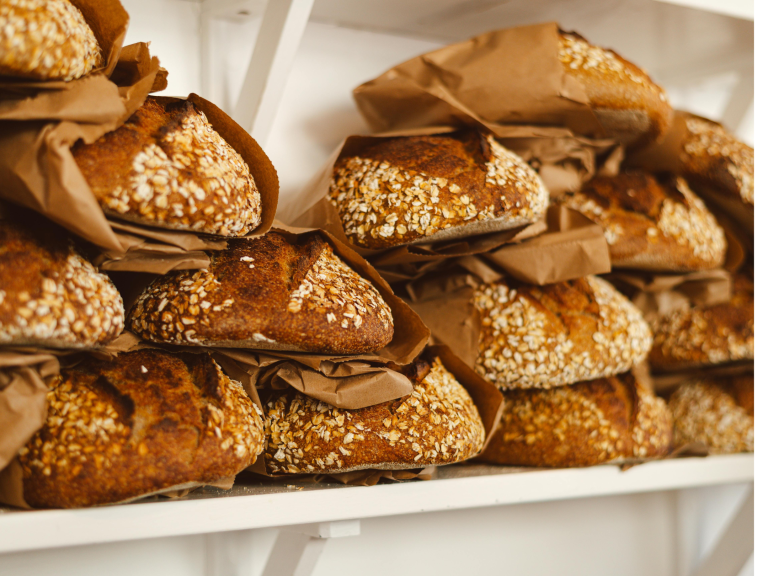Deals and matters
23 January 2026
IK Partners enters into a strategic partnership with Trustmoore
News
22 January 2026
European Parliament and Council reach political agreement on the revised FDI Regulation
Deals and matters
19 January 2026
Establishment of Huis van Bakkers by Bakker Goedhart
News
15 January 2026
Dutch WAMCA Class Action – jurisdiction accepted against Apple for the entire Netherlands
News
15 January 2026
Class action against Allergan/AbbVie regarding breast implants
News
15 January 2026
Securities class action against Airbus
Firm news
9 January 2026
Houthoff reinforces international presence: New York office strengthened
News
6 January 2026
Houthoff Class Action Survey Update: key developments in 16 jurisdictions
News
6 January 2026
Employment law changes: what to expect in 2026
Firm news
2 January 2026
Houthoff appoints Saskia Hoek-van den Berg as counsel
News
28 December 2025
Does holiday leave continue to accrue after 2 years of sickness?
News
16 December 2025
Digital general meetings of legal entities under private law










